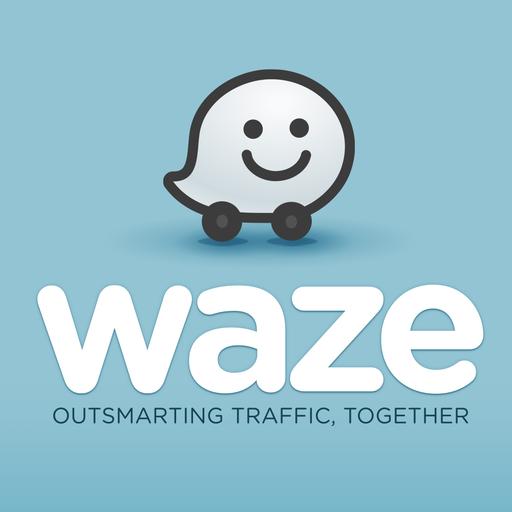You are stuck in traffic; you quickly consult Waze, a driving app, which directs you off the highway, onto a side street, and around the problem. Oddly though, there seems to be a bit of a wait at the exit. Waze is giving the same advice to the 30 drivers in front of you. Is there a lesson here?
Waze, a driving navigation app and product of Israeli ingenuity, uses real-time crowd-sourced traffic data to get you around obstructions and on your way. Users of Waze report on traffic problems, the presence of police and road conditions which augment information on car movement to provide intelligent route guidance. It was bought up by Alphabet (formerly Google) and is one of the more popular international driving apps.
In Israel, Waze has 1 million users; it is estimated that 33% of drivers in Tel-Aviv use Waze. They are not alone. The customer base of Waze in the United States is growing, an estimated 10% of the drivers in Los Angeles, and Angelinos love their cars, use Waze. But as more and more people sign on to use the app, it is slowly transforming from a traffic advisor into a traffic director. Waze is becoming large enough, to control traffic in ways that urban planners did not foresee.
Waze’s critics have already pointed to problems and started lawsuits.
- Waze sends traffic through ordinarily quiet neighborhoods, disrupting civic life
- Waze directs people away from some streets, reducing both traffic and the income for businesses along those roads
- Waze’s algorithm optimizes for the individual driver, not for all drivers.
On the other hand, Waze is partnering with municipal governments to share driver and traffic data through its Connected Citizen Program. Waze has been helpful in real-time navigation during blizzards, storms, and floods. For some cash-strapped municipalities, Waze is the traffic planner.
None of this should be surprising, after all, this is Google’s signature move, give us your data, and we will provide you with some of it back organized for your needs. Waze is another example of what some would characterize as a Faustian bargain. In exchange for our navigational requirements and data, Waze controls our traffic. It is not so different than the exchange of our thoughts or photographs for SnapChat and Twitter’s control of social media.
Is there a point at which the algorithm used to navigate actual traffic like social traffic should no longer be proprietary? Are the complaints about disrupting neighborhoods legitimate; or is it like trolling? Are the concerns of business bypassed by route navigation a version of silos, bubbles or echo-chambers? Is Waze providing a much-needed service to towns unable to support traffic planning an echo of Twitter’s Arab Spring?
Waze works for me. The innovative free market brought Waze to us. I do not want policy experts to dictate how it is used, nor do I think the courts are the appropriate place for discussion. Does Waze have additional, unanticipated responsibility as it grows to controls our traffic? Adam Smith in the Theory of Moral Sentiments captured it so well. We have duties to ourselves and others. Finding the balance is vital. Waze is another example of our algorithmic overlords. Is there a responsibility to ensure ethical design to those digits? Wouldn’t the code be enhanced by a more extensive discussion of its impact?




